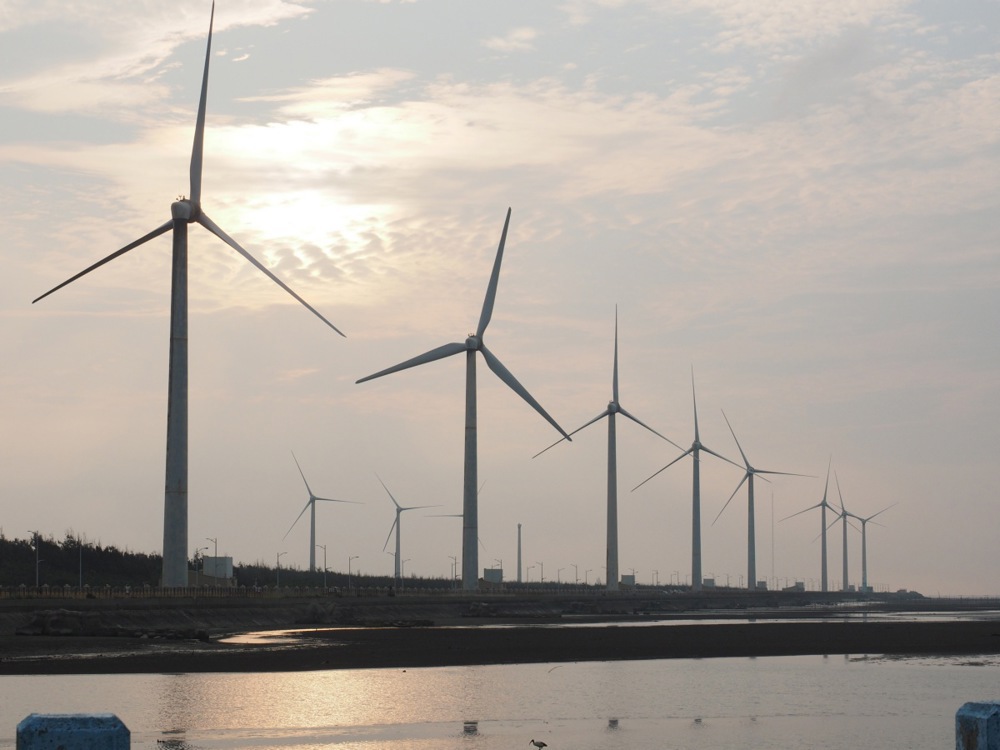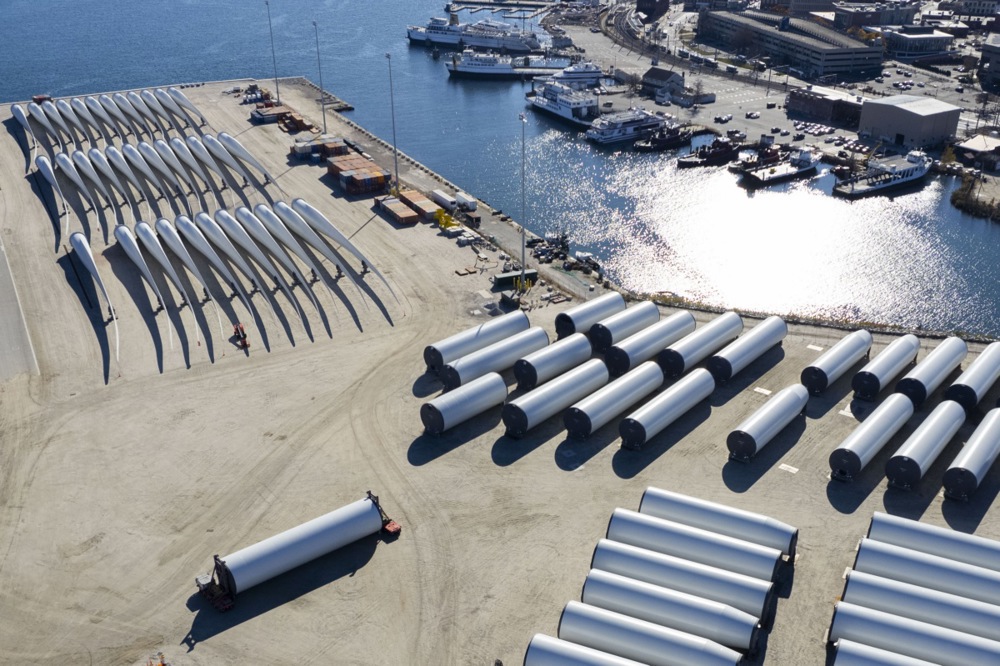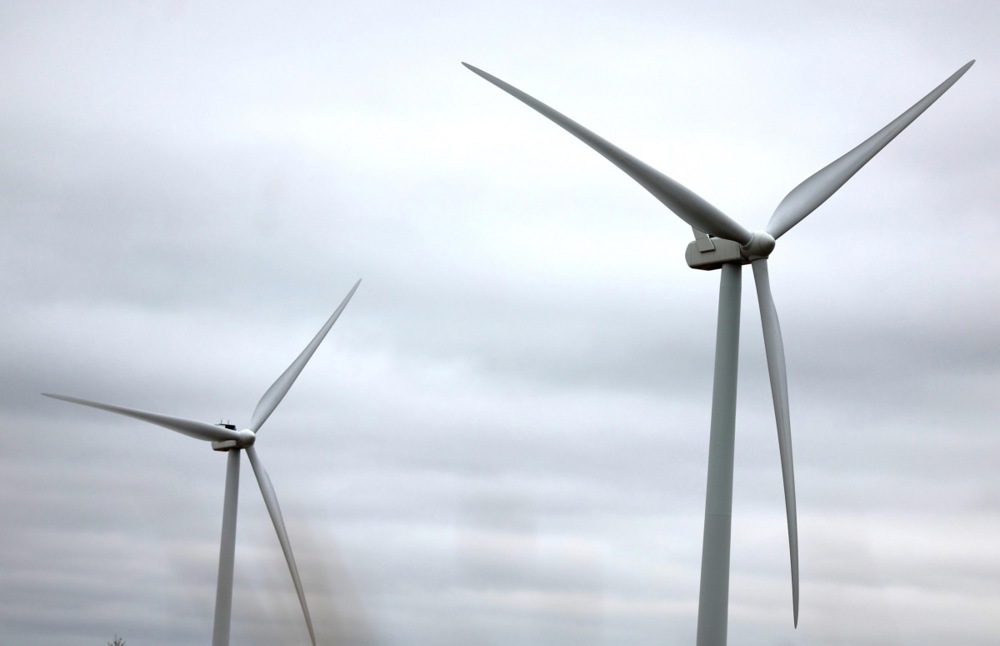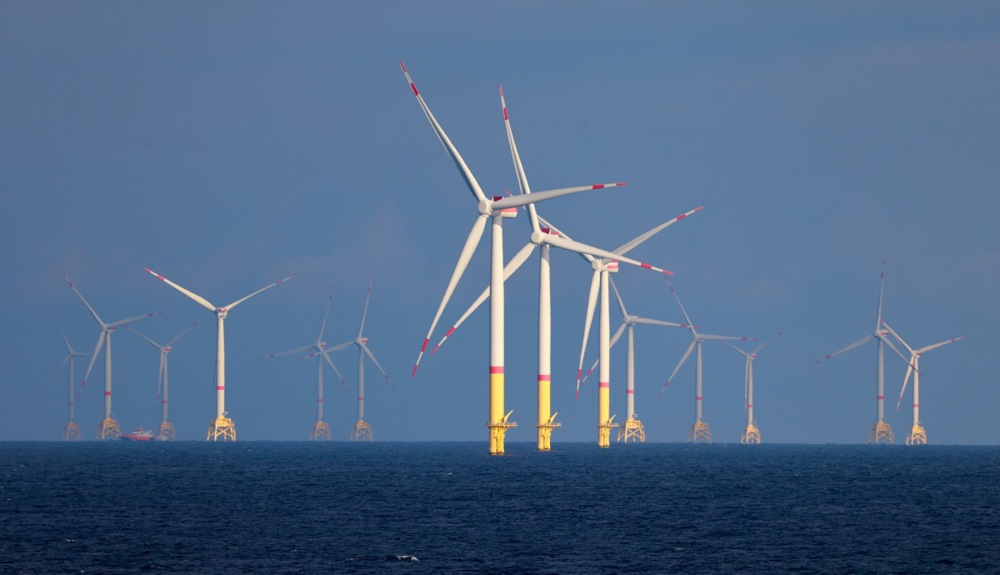Danish company Ørsted has taken legal action against the US Government, demanding to be allowed to finish a $1.5 billion (€1.28 billion) wind farm in the Atlantic.
The action, lodged in the US District Court for the District of Columbia on September 4, accuses the Trump administration of unlawfully blocking a project that is 80 per cent complete, citing vague “national security concerns”.
Ørsted argues the order is “arbitrary, capricious, and issued in bad faith,” demanding an emergency injunction to resume work on the 704-megawatt wind farm, which is designed to power over 350,000 homes.
The Revolution Wind project, off the coast of Rhode Island, is a joint venture with Skyborn Renewables and has been under development for more a decade, undergoing extensive environmental and safety reviews costing in excess of $100 million (€85.5 million). With all offshore foundations installed and 45 of 65 turbines in place, the project was on track to begin operations in 2026.
On August 22, the Bureau of Ocean Energy Management (BOEM), under the US Department of the Interior, issued a stop-work order, claiming the need to assess national security risks.
Ørsted contends that the project, approved in 2023 under the then-US president Joe Biden administration, had already cleared evaluations by multiple agencies, including the Pentagon, US Coast Guard, and National Marine Fisheries Service, rendering the halt legally baseless.
The Trump administration’s move is part of a broader campaign against offshore wind, reflecting the President’s long-standing opposition to the heavily subsidised industry.
He has repeatedly pointed out that wind turbines were a major killer of birds, particularly bald and golden eagles, describing them as “bird graveyards”. He also highlighted the negative effects he said they had on sea life and marine ecosystems.
The US President also challenged their aesthetics, calling them “ugly monsters” and “very expensive”.
He labelled “green” energy a “scam” and cut billions in subsidies approved by the previous US government.
On his first day in office in January this year, Trump ordered a halt to new offshore wind leasing and initiated reviews of existing permits, targeting projects including Revolution Wind, New England Wind and SouthCoast Wind.
Critics, including clean energy advocates and regional utilities, argued these actions undermined climate goals and increase energy costs for consumers, as Revolution Wind’s locked-in rate of 9.8 cents per kilowatt-hour was below New England’s average.
In Europe, the three most expensive countries for energy are Germany, Denmark and Ireland, all of which are heavy reliant on wind energy.
Ørsted’s lawsuit came amid financial strain, with its shares dropping 38 per cent so far this year, exacerbated by the stop-work order and challenges in selling stakes in US projects.
The company, 50.1 per cent owned by the Danish State, is seeking a 60 billion Danish krone (€8 billion) rights issue to bolster its balance sheet.
Ørsted’s share price has plummeted, dropping 86 per cent since its peak in 2021 and hitting an all-time low in August 2025.
Wind energy as a whole has been facing difficulties in recent times, with supply-chain costs, higher interest rates, volatile prices and increasing doubts on the ability of the grid to integrate intermittent renewable power. That was highlighted by the mega black out in Spain and Portugal earlier this year.
The Trump administration and Denmark have traded barbs over the sovereignty of Greenland.
Danish wind farm constructor Ørsted has been left facing one of the most turbulent periods in its recent history, with its stock price having plunged to an all-time low. https://t.co/Ee9PUIkv1g
— Brussels Signal (@brusselssignal) August 12, 2025





